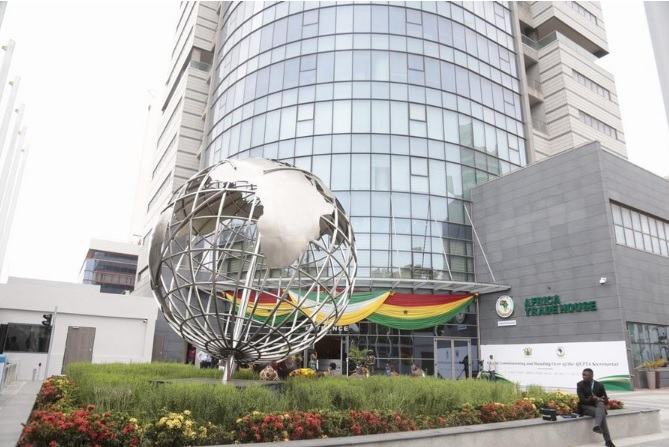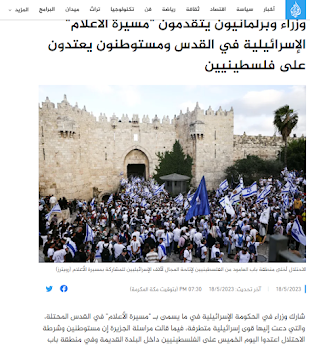
African leaders are increasingly calling for use of African currencies for African trade; President of Kenya calls on all African countries to abandon the US dollar for local trade transactions
Realizing that much of the economic problems of Africa are due to unfair financial practices at the hands of institutions controlled by colonial powers, African leaders are now willing to look at local solutions to local problems--including using local currencies for local trade.
President William Ruto stressed that the mechanism that will allow Africans to switch to local currencies will be provided by the African Export-Import Bank (Afreximbank).
The cost of currency convertibility due to the use of U.S. dollars in trade among African countries is close to 5 billion dollars annually, according to Wamkele Mene, secretary general of the AfCFTA Secretariat. "That is expensive and so we have rolled out the pan Africa payment and settlement system that enables trading in local currencies."
he African Continental Free Trade Area (AfCFTA) is striving for the usage of local currencies in trade among countries in the continent, an official said Thursday.
Cross-border trading among countries in the Economic Community of West African States is already happening through the use of local currencies instead of the use of U.S. dollars, said Wamkele Mene, secretary general of the AfCFTA Secretariat, on the sidelines of a trade forum in the Kenyan capital of Nairobi.
"We now want to expand to other regional blocs including the East African Community which is in talks with the African Export-Import Bank," Mene said.
He said that the cost of currency convertibility due to the use of U.S. dollars in trade among African countries is close to 5 billion dollars annually. "That is expensive and so we have rolled out the pan Africa payment and settlement system that enables trading in local currencies."
Kenya President William Ruto has urged African leaders to sign up for the pan-African payments system to facilitate trade within the continent to reduce reliance on the US dollar.
He urged his peers in Africa to mobilise central and commercial banks to join the Pan-African Payments and Settlement System, which was launched in January 2022, Business Daily newspaper reported.
The system for intra-African trade was developed by African Export-Import Bank (Afreximbank) and African Continental Free Trade Area (AfCFTA), an initiative backed by the African Union and African central banks.
“We are all struggling to make payments for goods and services from one country to another because of differences in currencies,” the president told an AfCFTA forum in Nairobi.
“There has been a mechanism where all our traders can trade in the local currency, and we leave it to the Afreximbank to settle all the payments. We do not have to look for dollars,” he said, seeking settlement of payment through local currencies.










































